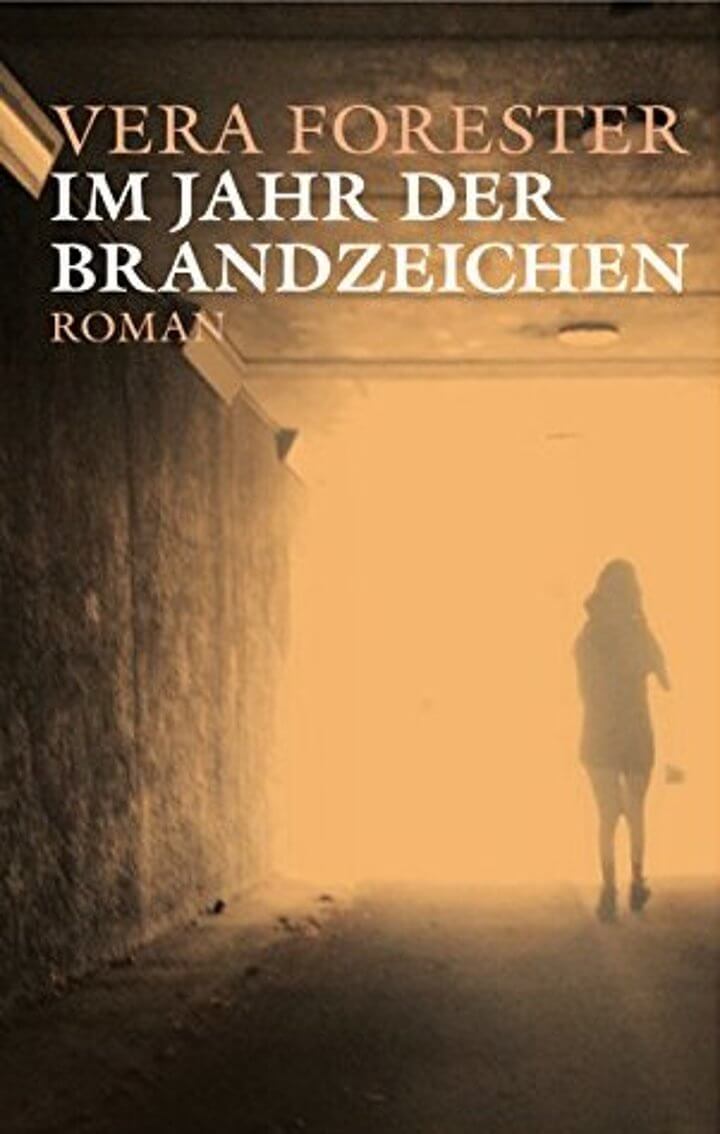
Der europäische Kulturaustausch beschränkt sich im Moment auf den digitalen Raum. Kunst und Kultur sind in ihrer Existenz infrage gestellt, zum Teil bedroht und in einigen osteuropäischen Ländern großem politischen Druck ausgesetzt. Aber es ist auch ein Anfang: Viele Kultur-institutionen, Künstlerinnen und Künstler begreifen die Unterbrechung hochtouriger oder routinierter Abläufe als neue Chance. Und es zeigt sich in Europa die Bereitschaft zum Aufbruch.
Im Rahmen des Streaming-Festivals Lessingtage 2021 digital: Stories from Europe (20. – 31. Januar) hat das Thalia Theater wichtige Künstlerinnen und Künstler aus ganz Europa eingeladen, mit einem kurzen Video Einblicke in ihre einflussreiche Arbeit und ihre Visionen für das Theater einer zukünftigen Gesellschaft zu geben. Entstanden ist ein Panorama sehr subjektiver und persönlicher „Voices of Europe“, das zu Beginn des Festivals auf dem Programm steht.
Erstmals sind in diesem knapp 30-minütigen Film einige der bedeutendsten Theaterschaffenden Europas versammelt: Mattias Andersson (Künstlerischer Leiter Dramaten Stockholm) Simon McBurney (Künstlerischer Leiter Complicité London), Guy Cassiers (Künstlerischer Leiter Toneelhuis Antwerpen), Marina Davydova (Chefredakteurin TEATR, Künstlerische Leiterin des NET Festivals Moskau), Ivo van Hove (Künstlerischer Leiter International Theater Amsterdam), Grzegorz Jarzyna (Künstlerischer Leiter TR Warschau), Mateja Koležnik (Regisseurin, Slowenien), Joachim Lux (Intendant Thalia Theater Hamburg), Caroline Guiela Nguyen (Autorin und Regisseurin, Les Hommes Approximatifs Paris), Thomas Ostermeier (Künstlerischer Leiter Schaubühne Berlin), Emma Rice (Künstlerische Leiterin Wise Children Bristol), Christopher Rüping (Regisseur, Deutschland), Kirill Serebrennikov (Künstlerischer Leiter Gogol Center Moskau) und Simon Stephens (Dramatiker, London).
Voices of Europe. Visions for a Theatre of the Future
21. Januar 2021, 19 Uhr
auf thalia-theater.de/lessingtage und dramaten.se/lessingtage (online bis 31. Januar)
In englischer Sprache, ca. 30 Minuten, kostenlos
Einige der Beiträge, die im Film gekürzt wurden, werden ab 21. Januar in voller Länge auf dem YouTube-Kanal des Thalia Theaters sowie auf Facebook abrufbar sein.
Aus dem Film:
Kirill Serebrennikov: Stability is death for the arts, anyway. Art’s blood is these fluid, liquid… changings. (…) Theatre is in crisis. It’s not about viruses, it’s not about something biological or medicine or whatever. It’s more about a system crisis of everything, of global civilization. (…) It’s not about the pandemic. The pandemic is kind of a trigger to make everything faster.
Simon McBurney: What theatre can do, is make us understand how we are connected rather than separated from each other. (…) And one of the things we cannot do now, is go back. The only way is to go forward.
Marina Davydova: You cannot imagine how many people here in Russia try to follow all the streamings and how many people are really interested in what is going on in Germany, in France, in Poland and the Netherlands. Now I know what we have to take with us from the lockdown to “normal life”. We have to keep this new openness of the closed world.
Mattias Andersson: Speaking about what is the position of the national, the concept of what it means to be a nation in this globalized world, but also, of course, the concept of being the national theatre of Sweden, making something that’s called theatre in the 2020s. (…) What kind of stories, what kind of aesthetics, what kind of like, moods, and what kind of atmosphere do they (the audience) want to see when they come back?
Thomas Ostermeier: What I have been trying to install as a discourse for a few months already now, is Unconditional Basic Income. Not only for artists, but for everybody living in Germany, or maybe even for everybody living in Europe.
Grzegorz Jarzyna: (It) is very interesting that our audience in 2020 doubled. So, twice more viewers we had during the pandemic time. (…)This diversity of our audience, that I think, is the post-pandemic direction for us.
Christopher Rüping: I wish for every theatre foyer, to be flooded by natural light. (…) I wish for a theatre that is open to everybody, and not only to a few.
Mateja Koležnik: I still think that theatre will survive because there is no way that the human being will not be mesmerized, amazed, by people doing something in front of them, singing, acting, dancing. (…) My pathetic message to European audiences is: Please, tell loud and clear to our stupid politicians that in crisis, art is more than needed.
Weitere Informationen unter www.mitos21.com, www.dramaten.se/lessingtage, www.thalia-theater.de/lessingtage.



















